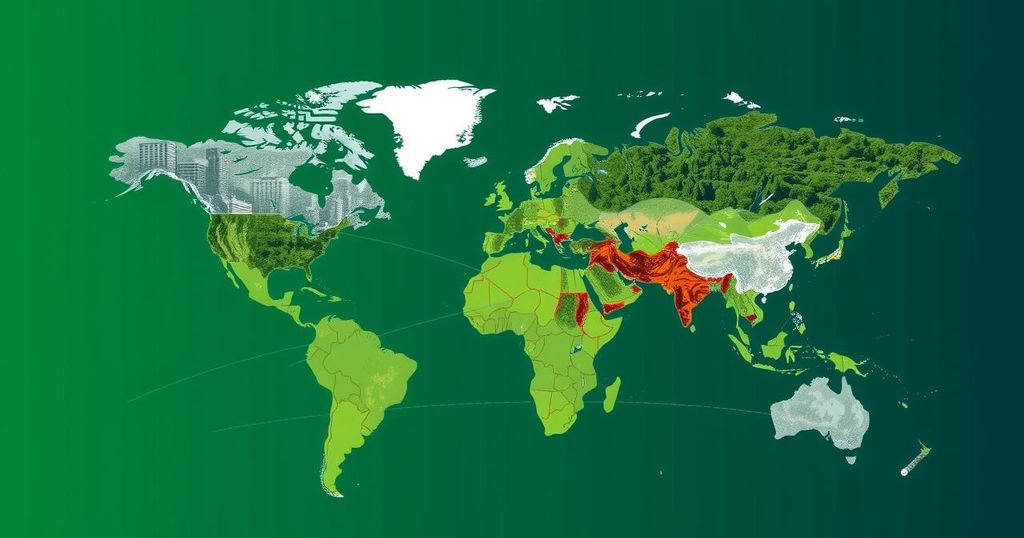The Perils of Entangling Alliances: A Historical Perspective on Climate Protocols

U.S. foreign policy has shifted from the Founders’ doctrine of avoiding foreign alliances to a reliance on international treaties that impose legal obligations on Americans without Congressional approval. While initially voluntary, agreements like the UN Framework Convention on Climate Change have evolved into binding commitments, resulting in significant economic and cultural changes unrelated to public consent. This represents a departure from the intent of the Constitution and highlights the issue of entangling alliances.
The evolution of U.S. foreign policy, particularly regarding climate agreements, starkly contrasts with the foundational principles laid out by the Founding Fathers. George Washington’s counsel in his “Farewell Address” cautioned against \”entangling alliances,\
The topic of climate protocols is rooted in a historical context of U.S. foreign policy, shaped by the Founders’ apprehensions about international alliances. This historical trajectory has led to an increasing number of international agreements, many of which impose obligations on U.S. citizens without the requisite legislative approval from Congress. The evolution of the United Nations Framework Convention on Climate Change and subsequent initiatives illustrates the ongoing tension between unilateral executive actions and the constitutional requirement for treaty ratification by the Senate. This culminates in recent agreements that enforce emissions reductions and financial commitments, bypassing the democratic process.
The situation surrounding international climate agreements exemplifies a troubling shift away from the principles of sovereignty and legislative oversight articulated by the Founding Fathers. The reliance on executive agreements enables significant policy changes without proper Congressional scrutiny, raising concerns about accountability and the true representation of the American populace’s interests.
Original Source: heartland.org







